Frustrated with her mundane life, a Tokyo office worker becomes obsessed with a fictional movie that she mistakes for a documentary. Fixating on a scene where stolen cash is buried in North Dakota, she travels to America to find it.
Related Movies
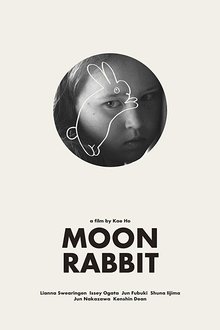
Moon Rabbit (2018)
Seven-year-old Rio visits her grandparents in Japan for the first time. She observes the beauty and unfamiliarity of the household, sensing a distance between her American family and the Japanese relatives. When her mother, Seiko, reveals an open secret during tea, the children are excused from the room and something happens behind closed doors.
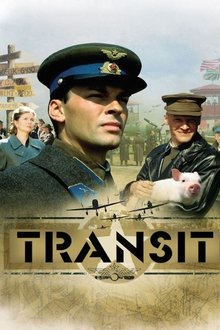
Transit (2006)
A group of American pilots from Alaska ferry Airacobra fighter planes across the ocean on Lend-lease. The orderly course of life is disrupted when it becomes clear that the American pilots are attractive and charming young women. The feelings of the Russian young men collide into barriers of culture and language resulting in a host of awkward, funny, and sometimes tragic situations.It is the story of Russians, Americans, and natives of the Far North. It is the story of man and woman in war. Love and death are squeezed between the hills as human fates are destroyed and born.
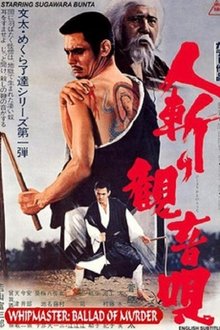
Whipmaster: Ballad of Murder (1970)
Ryotatsu, the wayward Priest blinded by Shinkai, the Wicked Priest, has his own story in this ultra-violent tale from the era of the Meiji Reconstruction. When a woman leaves her blind son at the Monastery, Ryotatsu is forced to teach the boy how to cope as a blind person in old Japan. When he takes the child with him on the road to find the boy's mother, they run afoul of not only yakuza gangsters, but some corrupt army officers have been trying to sway public opinion against the Satsuma rebels by posing as members of Saigo Takamori's group. It's a bloody mistake for them to underestimate the strength of the Blind Priest, and he'll make them pay with their lives!
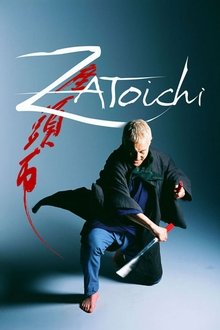
Zatoichi (2003)
Blind traveler Zatoichi is a master swordsman and a masseur with a fondness for gambling on dice games. When he arrives in a village torn apart by warring gangs, he sets out to protect the townspeople.
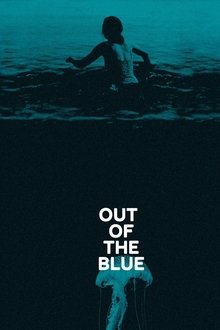
Out of the Blue (2022)
Instead of enjoying her vacations in a peaceful peninsula of Turkey, Anna feels stuck in a strange torpor, while her boyfriend, Thomas, doesn't seem to notice it at all. Later in the afternoon, when a little girl suddenly disappears on the beach, Anna awakens and decides to go and find her, despite the unknown and the nightfall.
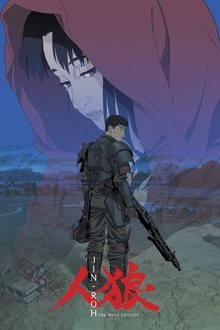
Jin-Roh: The Wolf Brigade (1999)
A member of an elite paramilitary counter-terrorism unit becomes traumatized after witnessing the suicide bombing of a young girl and is forced to undergo retraining. However, unbeknownst to him, he becomes a key player in a dispute between rival police divisions, as he finds himself increasingly involved with the sister of the girl he saw die.

The Bridge on the River Kwai (1957)
The classic story of English POWs in Burma forced to build a bridge to aid the war effort of their Japanese captors. British and American intelligence officers conspire to blow up the structure, but Col. Nicholson, the commander who supervised the bridge's construction, has acquired a sense of pride in his creation and tries to foil their plans.
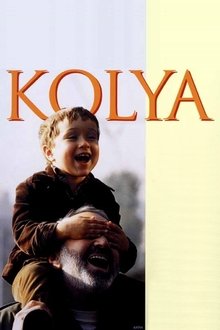
Kolya (1996)
After a fictitious marriage with a Russian emigrant, Cellisten Louka, a Czech man, must suddenly take responsibility for her son. However, it’s not long before the communication barrier is broken between the two new family members.
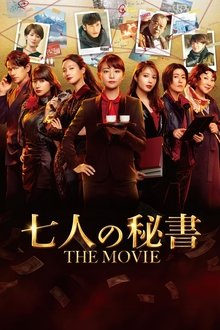
7 Secretaries: The Movie (2022)
The seven secretaries who consist of the "Shadow Army" enjoy peaceful days. They receive a new request from Koichi Ogata, who runs a ramen restaurant in Nagano prefecture. He is furious at land development that is carried out by Alps Raicho Group. The Alps Raicho Group and their Alps Raicho Resort are run by the Tsukumo family. That family exerts tremendous influence around the region. The Tsukumo family seem like a well mannered family, but, in reality, they are a vicious family who will do anything for their own interests.
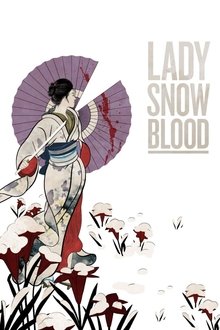
Lady Snowblood (1973)
Yuki's family is nearly wiped out before she is born due to the machinations of a band of criminals. These criminals kidnap and brutalize her mother but leave her alive. Later her mother ends up in prison with only revenge to keep her alive. She creates an instrument for this revenge by purposefully getting pregnant. Yuki never knows the love of a family but only killing and revenge.

Nobody Knows (2004)
In a small Tokyo apartment, twelve-year-old Akira must care for his younger siblings after their mother leaves them and shows no sign of returning.
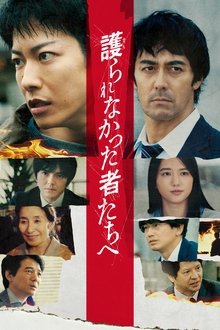
In the Wake (2021)
Baffling serial killings unfold in which the victims are tied up and left to starve. Tone was just released from prison after finishing his sentence for another crime, and he surfaces as a suspect but detective Tomashiro can't nail down conclusive proof.
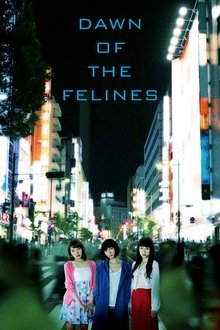
Dawn of the Felines (2017)
A story of three escort girls living in Ikebukuro, Tokyo. They work at the same escort service while feeling lonely in their urban lives.
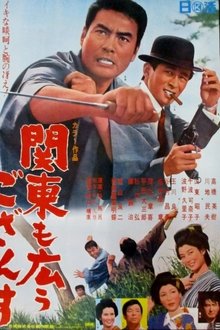
The Kanto Region Is Also Expanding (1967)
A man who was released from prison wanders around the Kanto region and gets involved with the local yakuza.
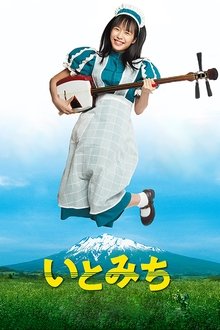
Ito (2021)
A shy country girl chooses a part-time job at a maid cafe where she serves customers while dressed up as a maid.
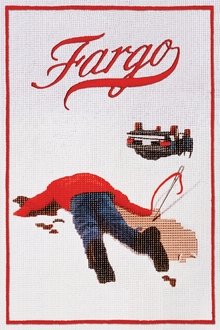
Fargo (1996)
Jerry, a small-town Minnesota car salesman is bursting at the seams with debt... but he's got a plan. He's going to hire two thugs to kidnap his wife in a scheme to collect a hefty ransom from his wealthy father-in-law. It's going to be a snap and nobody's going to get hurt... until people start dying. Enter Police Chief Marge, a coffee-drinking, parka-wearing - and extremely pregnant - investigator who'll stop at nothing to get her man. And if you think her small-time investigative skills will give the crooks a run for their ransom... you betcha!
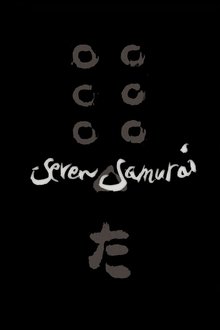
Seven Samurai (1954)
A samurai answers a village's request for protection after he falls on hard times. The town needs protection from bandits, so the samurai gathers six others to help him teach the people how to defend themselves, and the villagers provide the soldiers with food.


